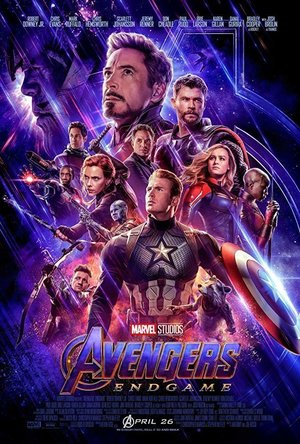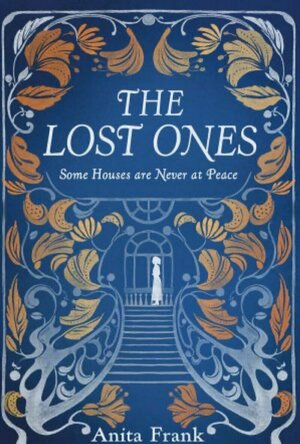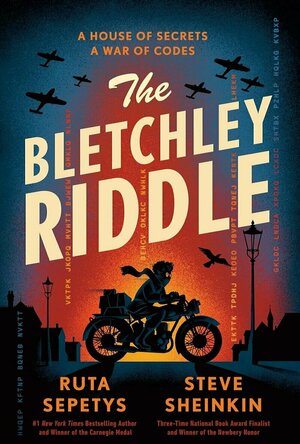
The Bletchley Riddle
Steve Sheinkin and Ruta Sepetys
Book
A stunning collaboration between award-winning and bestselling authors Ruta Sepetys and Steve...
Carma (21 KP) rated Avengers: Endgame (2019) in Movies
Jun 17, 2019 (Updated Jun 23, 2019)
ClareR (6054 KP) rated The Lost Ones in Books
Dec 3, 2019
I loved this book! it made me jump, gasp out loud and burst out in nervous laughter. It's worth bearing in mind that I was on a long train journey as I was reading this, so there are probably a number of people between Skegness and Chester who either think I'm a little unhinged, or are dying to know what I was reading (I'm considering wearing some sort of badge on long train journeys, that says 'currently reading (insert book name here)'. I'm sure it'll explain to people my frankly erratic behaviour in cases like this.).
Anyway, this book deserves any hype it gets, and I strongly suggest that if you're a fan of historical fiction with a gothic bent, you go out, buy and read this immediately. And read it in public. I can't always be the one to show herself up like this.
Many thanks to NetGalley and HQ for my copy of this book.
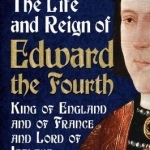
The Life and Reign of Edward the Fourth: King of England and France and Lord of Ireland: Volume 1
Cora L. Scofield and Ralph A. Griffiths
Book
Edward IV, (1442-1483) was King of England from 4 March 1461 until 3 October 1470, and again from 11...

Unlikely Warrior: A Pacifist Rabbis Journey from the Pulpit to Iwo Jima
Book
A brilliant student, orator, and debater, Rabbi Roland Gittelsohn was an outspoken social activist...

Fighter Ace: The Extraordinary Life of Douglas Bader, Battle of Britain Hero
Book
THE FIRST BIOGRAPHY TO TRULY SEPARATE FACT FROM MYTH AND LEGEND. The story of Douglas Bader, the RAF...
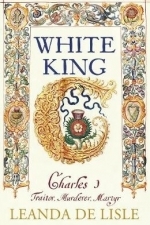
White King: Charles I - Traitor, Murderer, Martyr
Book
Less than forty years after the golden age of Elizabeth I, England was at war with itself. The...

Sony Design: Making Modernity
Deyan Sudjic and Ian Luna
Book
An impressive book dedicated to the innovative designs of Sony, a trailblazer in personal...

The Golden Age
Book Watch
The Golden Age is an immensely satisfying and generous-hearted story about displacement, recovery,...
Fiction
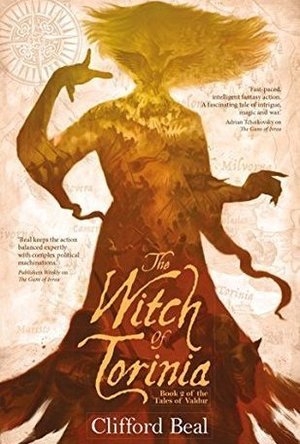
The Witch of Torinia
Book
Divide... and conquer. The thrilling new epic fantasy continues! Lady Lucinda della Rovera, the...
